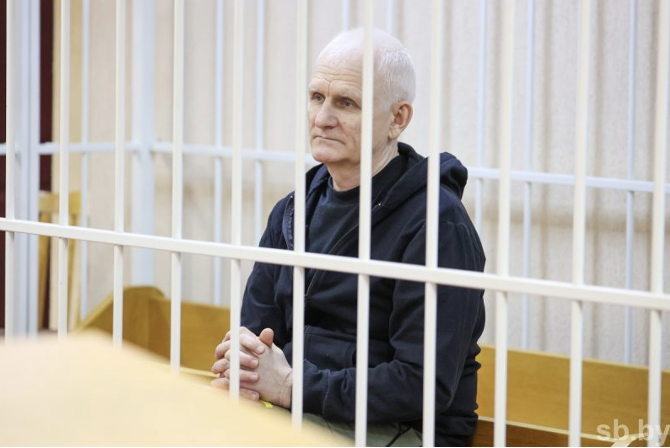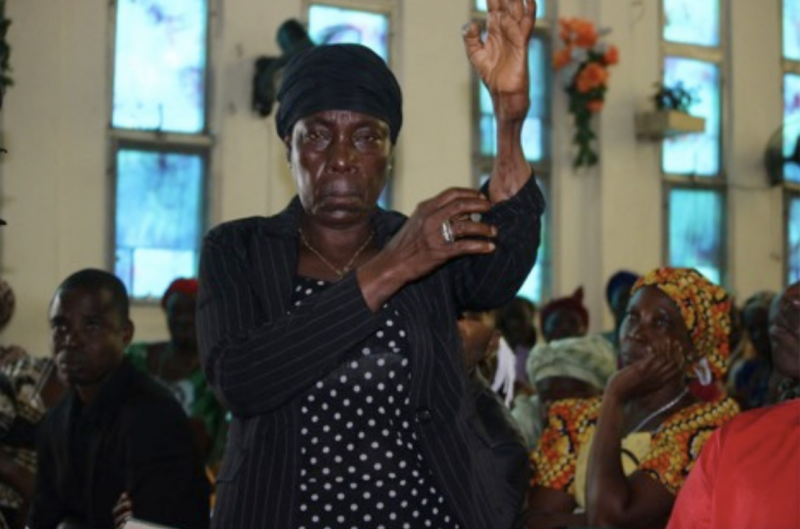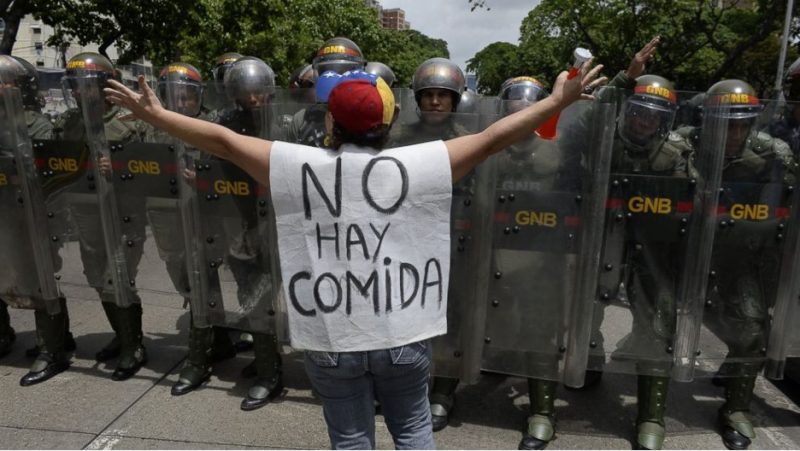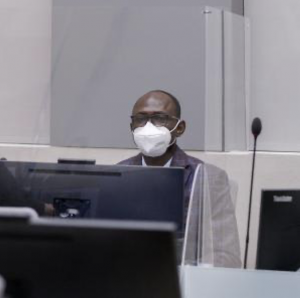By: Marie LeRoy
Impunity Watch News Staff Writer
HONDURAS — The Inter-American Commission on Human Rights (IACHR) demands that Honduras investigate the murders of Human Rights Defenders “effectively and with due diligence” after yet another vicious murder this year.
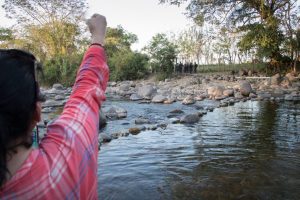
At least five human rights activists, who focused on environmental rights, have been reported to have been murdered this year in Honduras. According to the IACHR, some of the activists have been targeted because of their involvement in the protests against the “operation of an open-pit oxide mine” in an aera in Guapinol, Honduras that had been designated as an “forest reserve”. Open pit mining can pollute rivers and contaminate water which directly effects the rural communities in Honduras relying on the river. The activists claim that the mining allowance was illegally granted because of the “forest reserve” status of the land and therefore should be stopped. The mining company and local authorities have responded to these protests by allegedly targeted around thirty-two leaders of these environmental groups and “falsely accusing them of crimes”.
Local police and prosecutor in Honduras have attempted to attribute these deaths to incidences of local violence unrelated to the Human Right Defenders’ protests. Some reports by the local police have stated that the victims’ deaths were a result of a “botched mugging” although the victims were found with their cellphones and money.
The lack of efforts by the police, prosecutors, and authorities to investigate and protect these Human Rights Defenders, and to even attempt to “cover up” the crimes, has not gone unnoticed. Human Rights Defenders in Honduras have had a longstanding history of being violently targeted in attempts to silence them in their opposition and their organizations. The way in which these Human Rights Defenders’ have been routinely targeted include acts of intimidation, including intimidating messages, harassment, and death threats, to outright acts of violence, including acts up to and including murder.
These acts on Human Rights Defenders can result in fewer and fewer individuals willing to advocate for these causes as well as similar important causes. The effects of the decline in advocacy seeps into every aspect of life, polluting and decaying entire communities’ quality of life until Human Rights in general are a thing of the past. The IACHR demands Honduras “take all measures necessary to protect the rights to life, integrity, and safety of human rights defenders” to ensure the continuation of advocacy in Honduras.
For further information, please see:
Aljazeera – UN calls for probe into killing of two Honduran environmentalist- 12 Jan. 2023
IACHR- Press Release IACHR Condemns Murders of Right Defenders in Honduras- 14 Feb. 2023
The Guardian – Honduran environmental defenders shot dead in broad daylight – 11 Jan. 2023
ProtectDefenders.edu – Honduras: Violent attacks & murder of human rights defenders—9 Feb. 2023
